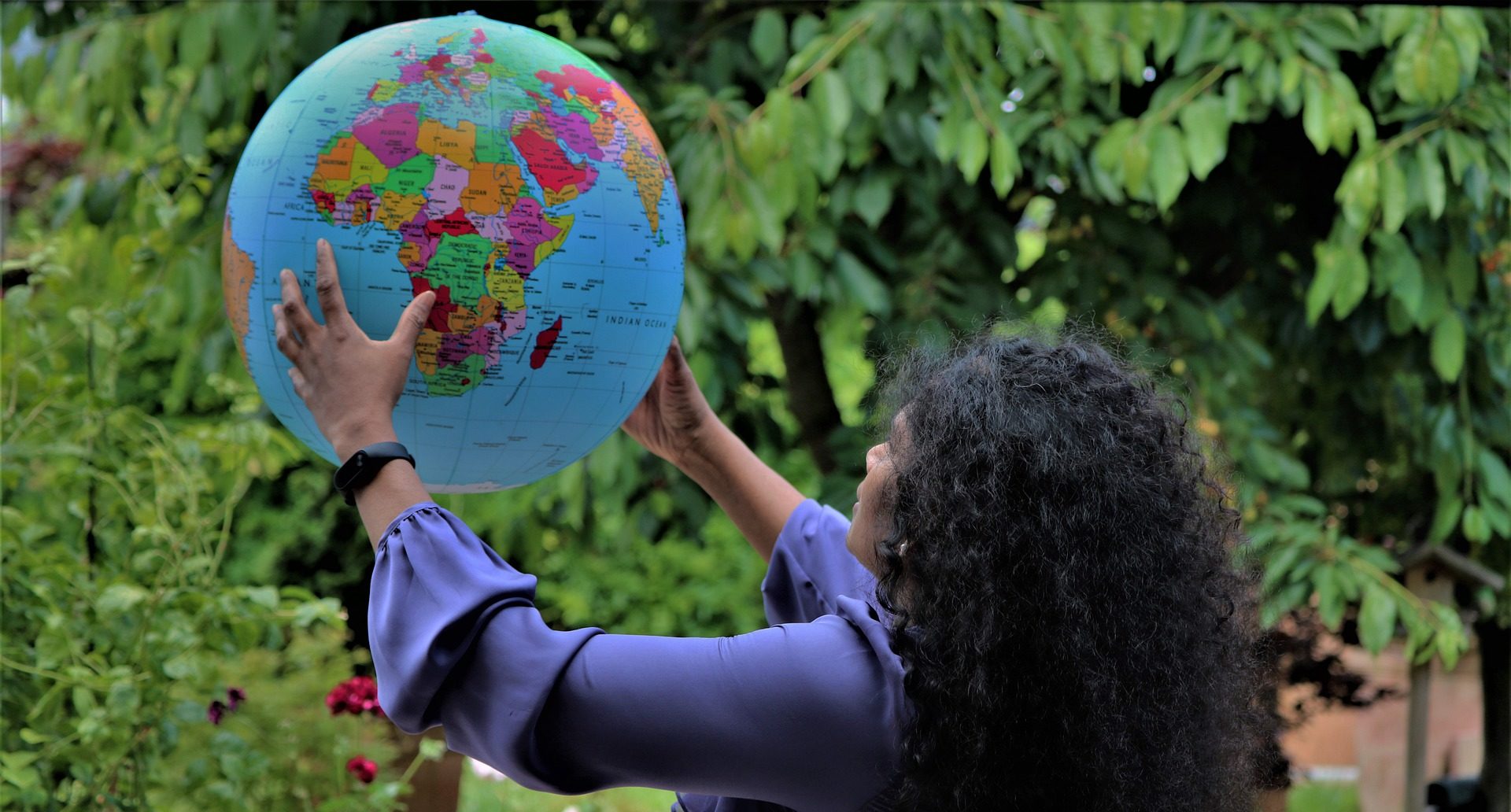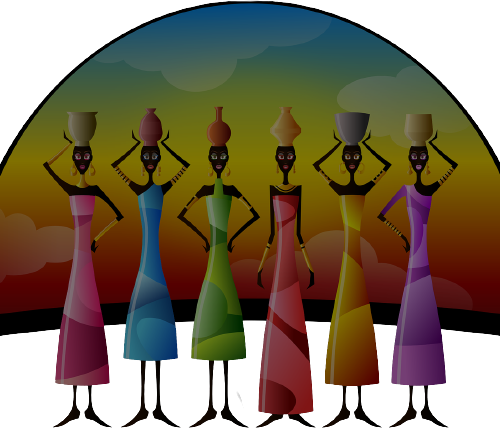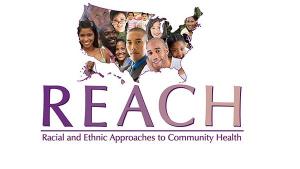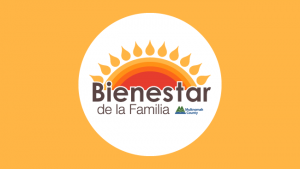Organization History
Oregon is the eleventh largest refugee resettlement state with 1700 new refugees coming annually. Since the early 1990s, Portland’s African refugee population has grown steadily, with the largest number of refugees coming from Ethiopia and Somalia in the beginning, and now from many other regions. In the Portland tri-county area, there are an estimated 16,000 African refugees and immigrants, making it the largest African population in the state.
While all refugees face serious challenges during resettlement, African women are especially vulnerable and at risk. Many are single mothers with several children. They have lost their husbands, sons, brothers, and fathers to the ravages of conflict and food insecurities resulting from climate change, they must now assume the position that in their traditional cultures was held by men. Most are ill-prepared for this role, and the absence of a supportive partner in their new environment creates enormous stress and anxiety.












